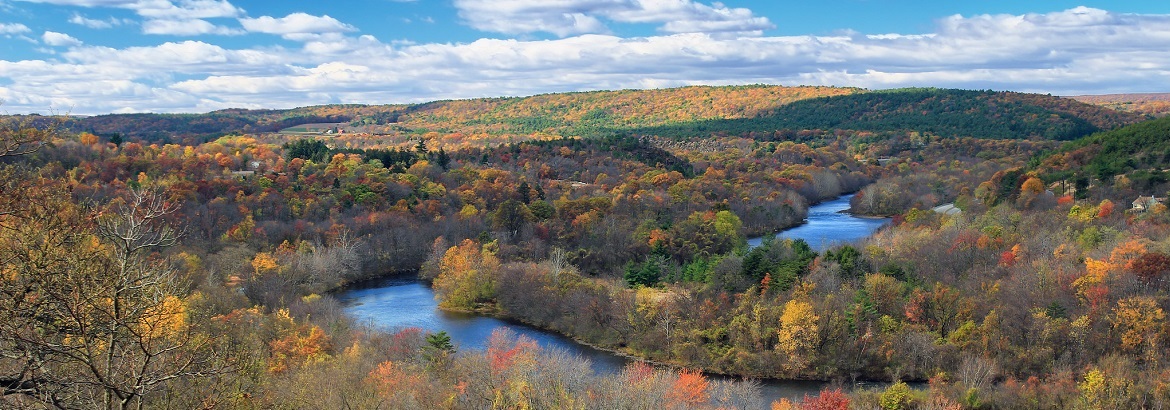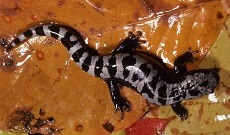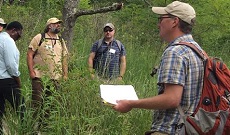 Ecological Communities
Ecological Communities
An ecological community is defined as a group of species that are commonly found together. Ecological communities may be animal or plant assemblages with similar habitat requirements and contain species which may influence each other or rely on similar processes in their environment. A community’s occurrence or presence is usually a result of underlying environmental conditions. For example, a particular group of plants adapted to extreme drought and high temperatures grow on shale barrens, while assemblages of plants and animals that are able to survive in periods of wet and dry live in vernal pool communities. Limestone stream communities are characterized by a high diversity of animal species that require calcium-rich groundwater. Focusing conservation efforts on communities provides an opportunity to protect an array of species.
PNHP primarily focuses on classification and inventory of natural plant communities, aquatic (animal) communities, and vernal pool communities. PNHP has developed a formal classification and conducts field inventories to describe and track the full range of natural communities in Pennsylvania. Program ecologists and zoologists conduct field research to identify outstanding examples of community types as priorities for protection.

Aquatic Community Classification
Learn about patterns in aquatic biodiversity to help conservation activities and aquatic resource management in the region.

Vernal Pool Communities
Discover these unique, seasonal wetland habitats, the flora and fauna associated with them, and how to protect them.







